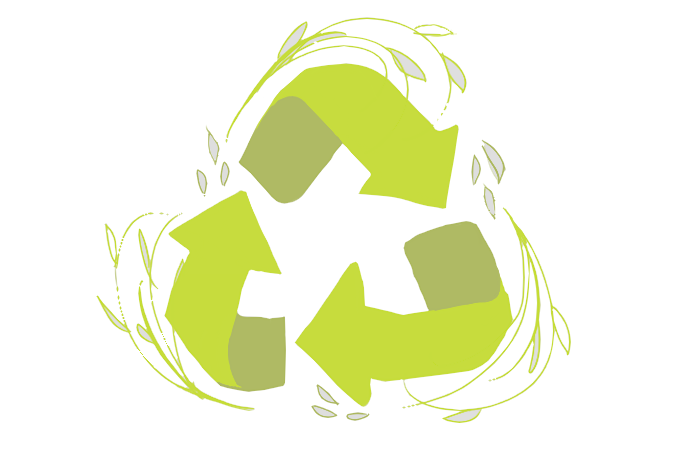From the shelf, the average recyclable is typically used, emptied, and hopefully placed in a recycling container. It then awaits collection and sorting, until it can be sent to the corresponding manufacturer to be reused in the most appropriate manner. The problem in this system lies at the very start: Getting the right product into the right bin is essential.
The issue lies not in the lack of resources to recycle, but in the efforts individuals are willing to make in order to recycle properly.
The Sustainability Tracking Assessment & Rating System (STARS), rates universities and colleges on their sustainability. Out of a comprehensive score of 100, McGill received a 72.6 last year—a ‘gold’ rating according to STARS—but far from where it could be in terms of achieving its sustainability goals.
The “waste” category hit McGill hard, with a score of 3.89 out of a possible 10. After years of attempted reform on waste-reduction initiatives, McGill still scores dismally on this fundamental aspect of sustainability. The systems are in place for McGill to become a recycling haven, but the reality is more dystopian. Despite the recycling bins and compost centers accessible on campus, McGill students and staff throw their recyclables into the trash, and later, the landfill.
Those with or without a background in sustainability can get involved with variety of initiatives on campus—such as McGill Students for Greenpeace and Climate Justice Montreal.
However, recycling starts from the ground up, meaning students should pay attention to what is done with their own recyclables.
The McGill Office of Sustainability (MOOS), which is responsible for providing “strategic guidance to transition McGill into an institutional model of sustainability for society,” states in their 2014-2016 strategy, Vision 2020: “[Zero] waste (energy, water, solid, air) is the target for all activities at McGill. This target is aggressively pursued and improvement is continuous.”
The downtown campus employs a stream-based system for the disposal of waste. The colour profile on bins separates each of these streams; yellow for metals, glass, and plastics, blue for paper products, and black for refuse and non-recyclables. Newly installed electronic-waste disposal centres, including those for batteries, can be found at various locations, such as in the SSMU building. Furthermore, four of McGill’s seven dining halls have the means to properly compost.
The ramifications of neglecting these resources are far-reaching and profound. The garbage that amasses in classrooms and hallways is taken to landfill sites around Montreal where—at the expense of an already fragile environment—it will sit for centuries. Hundreds of Montreal parks and communities have been built atop of repurposed landfill sites: A number set to rise if the amount of trash is not reduced.
The McGill administration is aware of environmental needs on campus and, along with the Vision 2020 strategy, is attempting to reform the way the school handles its waste output. During the 2016-2017 academic year, the MOOS reached out to the McGill community in order to incorporate student and staff sustainability concerns and goals into their revised Vision 2020: Sustainability and Climate Action Plan 2017-2020. This program is set to be released this fall.
Despite flaws in McGill’s waste reduction practices, 3.91 tons of material intended for disposal were repurposed on campus and 15.28 tons of recyclable materials were diverted from the landfill in 2014—a feat of which McGill’s Office of Sustainability, as well as the community as a whole, should be extremely proud.
Individually, McGill students and staff should be thinking about the waste in their hands and where it should be thrown away. By holding on to recyclables in bags and disposing of them properly later, rather than tossing recyclable materials into nearby trash cans, members of the McGill community can keep the growing landfill to a minimum.








